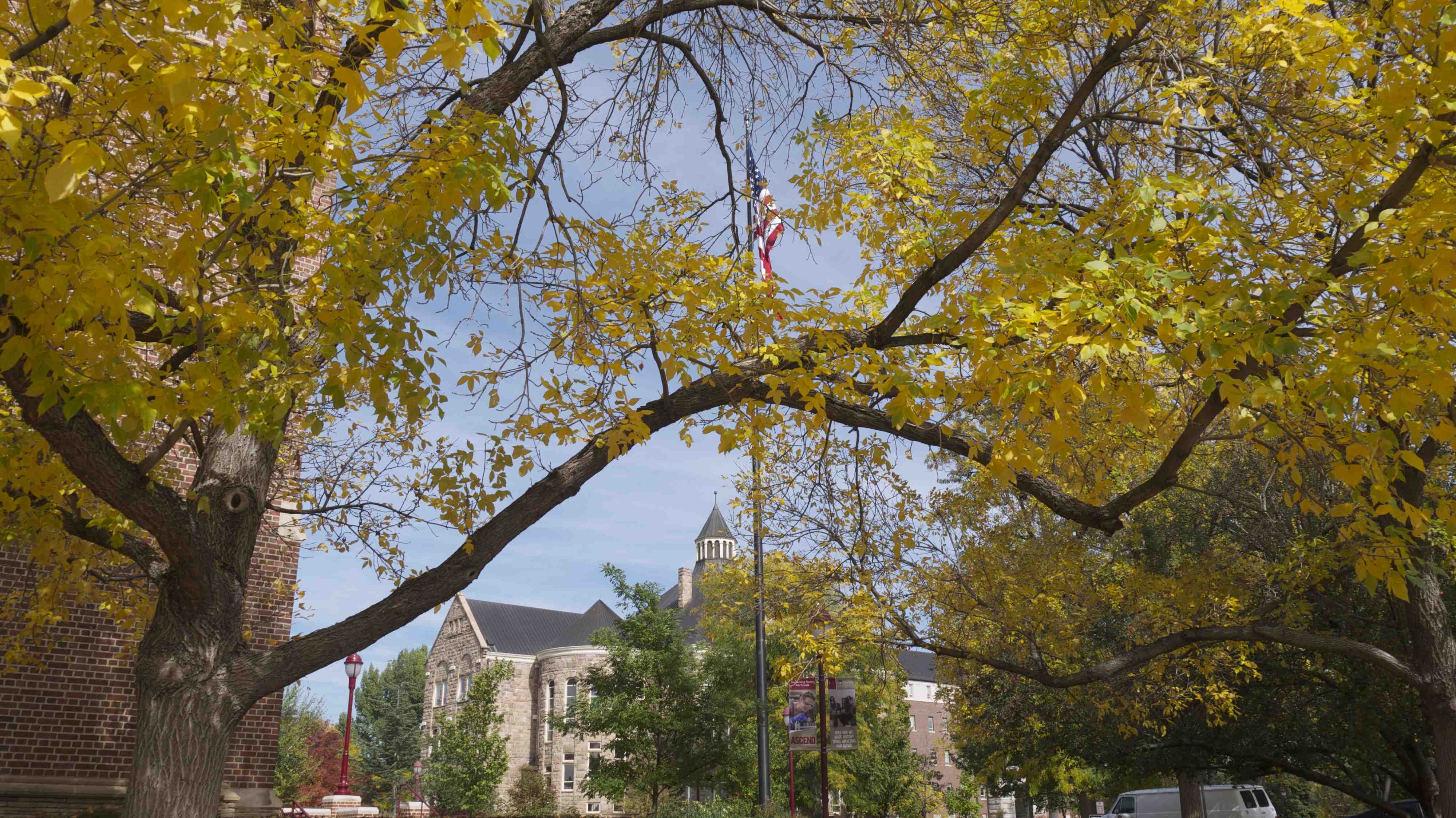On April 20 in the Reiman Theater of Margery Reed Hall, the DU Student Advocates for Institutional Change (SAIC) teamed up with Project Ava to host a Night of Storytelling. This event sought to foster dialogue on inclusivity at DU through the stories of students and faculty.
Project Ava is a nonprofit organization started by three DU graduates with the goal of sharing meaningful stories about social justice from people all over the country. It seeks to provide a safe space for these voices and to project the stories on a larger platform.
SAIC has worked directly with Chancellor Chopp and various administration members to communicate their message and help design ways in which DU can alleviate the prejudice that students are facing. Project Ava collaborated with SAIC to create a short video using anecdotes from DU students about the difficulties of being a person of color on campus.
The event began with a screening of the video, after which panel members told their stories, discussing their various experiences with racism and discrimination and how it’s approached at DU. The panel consisted of Raisa Alvarado-Uchima, Kyla Peck, Vy Pham, Darren Harvey and Amanda Meise. Each member expressed frustration with the way the discussion is faced within classrooms and out, as well as how the institution of the school deals with racial issues raised by students and staff.
Peck, a black DU freshman, documented how she almost dropped out of DU due to the injustices she faced—she only stayed because of the support of certain faculty members. They also challenged the concept of “inclusive excellence” that is marketed by DU.
“We need to strive to not just use inclusive excellence as a recruitment tool,” said panel member Meise, a white graduate student, after discussing the backlash she’s experienced when bringing up issues of race in classrooms.
Pham, a senior asian transgender student at DU, told his story of coming out and his subsequent experience navigating DU.
“I want them to stop being fake. I want them to stop spreading this idea that we’re inclusive,” said Pham. “I’m scared every single day. There’s so much work to be done.”
A discussion with the audience, mostly composed of staff and students of color, occurred after the stories were shared. Audience members expressed similar frustrations as those identified in the stories, asking the panel how they felt change could be sparked at DU. Multiple panel members identified that the same people were always at these discussions, and discussions are all that seem to be happening.
Panel member Harvey gave a suggestion, highlighting the die-in that SAIC and the Black Graduate Student Association staged in Anderson Academic Commons on April 4.
“The institution has a soft-footed approach to racism. Sometimes you have to bombard their spaces,” he said.
The president of SAIC, Jonathan Seals, talked about where to go from this event.
“Keep sharing the stories. . . . [T]he DU community really needs to hear these stories to really understand where we’re coming from,” he said.
SAIC continues to plan events that address these issues and also challenge the wider DU community to become involved in the conversation and take action.











